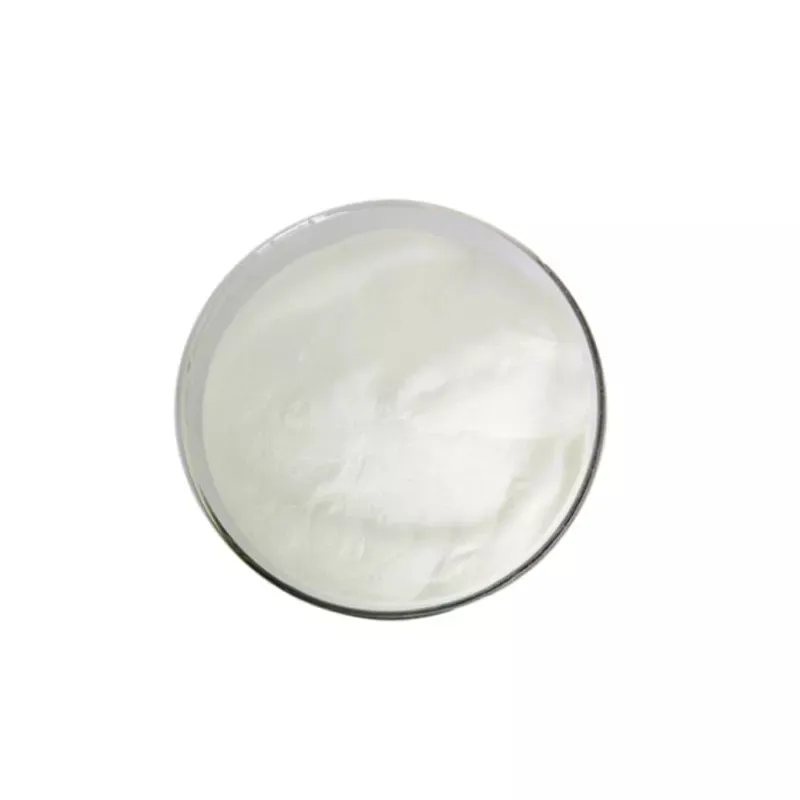Warning: Undefined array key "title" in /home/www/wwwroot/HTML/www.exportstart.com/wp-content/themes/1198/header.php on line 6
Warning: Undefined array key "file" in /home/www/wwwroot/HTML/www.exportstart.com/wp-content/themes/1198/header.php on line 7
Warning: Undefined array key "title" in /home/www/wwwroot/HTML/www.exportstart.com/wp-content/themes/1198/header.php on line 7
Warning: Undefined array key "title" in /home/www/wwwroot/HTML/www.exportstart.com/wp-content/themes/1198/header.php on line 7
- Afrikaans
- Albanian
- Amharic
- Arabic
- Armenian
- Azerbaijani
- Basque
- Belarusian
- Bengali
- Bosnian
- Bulgarian
- Catalan
- Cebuano
- China
- China (Taiwan)
- Corsican
- Croatian
- Czech
- Danish
- Dutch
- English
- Esperanto
- Estonian
- Finnish
- French
- Frisian
- Galician
- Georgian
- German
- Greek
- Gujarati
- Haitian Creole
- hausa
- hawaiian
- Hebrew
- Hindi
- Miao
- Hungarian
- Icelandic
- igbo
- Indonesian
- irish
- Italian
- Japanese
- Javanese
- Kannada
- kazakh
- Khmer
- Rwandese
- Korean
- Kurdish
- Kyrgyz
- Lao
- Latin
- Latvian
- Lithuanian
- Luxembourgish
- Macedonian
- Malgashi
- Malay
- Malayalam
- Maltese
- Maori
- Marathi
- Mongolian
- Myanmar
- Nepali
- Norwegian
- Norwegian
- Occitan
- Pashto
- Persian
- Polish
- Portuguese
- Punjabi
- Romanian
- Russian
- Samoan
- Scottish Gaelic
- Serbian
- Sesotho
- Shona
- Sindhi
- Sinhala
- Slovak
- Slovenian
- Somali
- Spanish
- Sundanese
- Swahili
- Swedish
- Tagalog
- Tajik
- Tamil
- Tatar
- Telugu
- Thai
- Turkish
- Turkmen
- Ukrainian
- Urdu
- Uighur
- Uzbek
- Vietnamese
- Welsh
- Bantu
- Yiddish
- Yoruba
- Zulu
Aug . 14, 2024 10:01 Back to list
Is Aspartame Safe for Consumption? Exploring the Evidence and Understanding Potential Risks
Is Aspartame Safe? A Comprehensive Overview
Aspartame is one of the most widely used artificial sweeteners in the world, found in thousands of food and beverage products, often marketed as a sugar substitute. Given its prevalence, many consumers are left wondering is aspartame safe for human consumption? This article aims to examine the safety of this controversial compound, considering scientific research, regulatory assessments, and public opinion.
What is Aspartame?
Aspartame is a low-calorie sweetener composed of two amino acids aspartic acid and phenylalanine. It is approximately 200 times sweeter than sucrose (table sugar), allowing manufacturers to use it in very small amounts to achieve the same sweetness found in higher quantities of sugar. Due to its sweetness and low-calorie count, aspartame has become a staple in diet sodas, sugar-free gum, and various other low-calorie products.
Scientific Assessments and Regulatory Approval
The safety of aspartame has been extensively studied since its approval by the U.S. Food and Drug Administration (FDA) in 1981. Since then, numerous health organizations, including the European Food Safety Authority (EFSA) and the World Health Organization (WHO), have evaluated the compound's safety based on rigorous scientific research.
The FDA has established an Acceptable Daily Intake (ADI) for aspartame at 50 mg per kilogram of body weight. This means that an average adult would need to consume an impractically large amount of aspartame to reach levels considered unsafe. Studies consistently show that aspartame does not cause adverse effects in the general population and that it is safe when consumed within the established limits.
aspartame safe

Concerns and Misconceptions
Despite extensive scientific evidence supporting the safety of aspartame, public concern persists. Some individuals report experiencing headaches, dizziness, or allergic reactions after consuming products containing aspartame. However, substantial studies have found no causal link between aspartame and these symptoms in the general population.
One significant point of contention is the presence of phenylalanine in aspartame. Individuals with phenylketonuria (PKU), a rare genetic disorder, cannot metabolize phenylalanine and must avoid aspartame to prevent serious health issues. However, for the majority of the population who do not have this condition, aspartame poses no risk.
The Debate Over Artificial Sweeteners
The debate over aspartame is part of a broader discussion surrounding artificial sweeteners and their place in modern diets. Advocates argue that aspartame and similar products can assist in weight management and help reduce sugar intake, thus lowering the risk of obesity and related diseases, such as diabetes. Critics, however, warn about potential long-term health impacts, suggesting that reliance on artificial sweeteners may lead to an increase in sugar cravings and a preference for sweet foods.
Conclusion
In conclusion, the scientific consensus supports that aspartame is safe for the vast majority of consumers when consumed within the established guidelines. While individual experiences may vary, the extensive body of research available does not indicate a significant risk associated with its use. As with any food ingredient, moderation is key, and consumers should feel empowered to make informed choices based on the evidence at hand. As always, consulting healthcare professionals about dietary concerns can provide personalized guidance in navigating the complexities of food additives and overall nutrition.
Latest news
-
Certifications for Vegetarian and Xanthan Gum Vegetarian
NewsJun.17,2025
-
Sustainability Trends Reshaping the SLES N70 Market
NewsJun.17,2025
-
Propylene Glycol Use in Vaccines: Balancing Function and Perception
NewsJun.17,2025
-
Petroleum Jelly in Skincare: Balancing Benefits and Backlash
NewsJun.17,2025
-
Energy Price Volatility and Ripple Effect on Caprolactam Markets
NewsJun.17,2025
-
Spectroscopic Techniques for Adipic Acid Molecular Weight
NewsJun.17,2025

